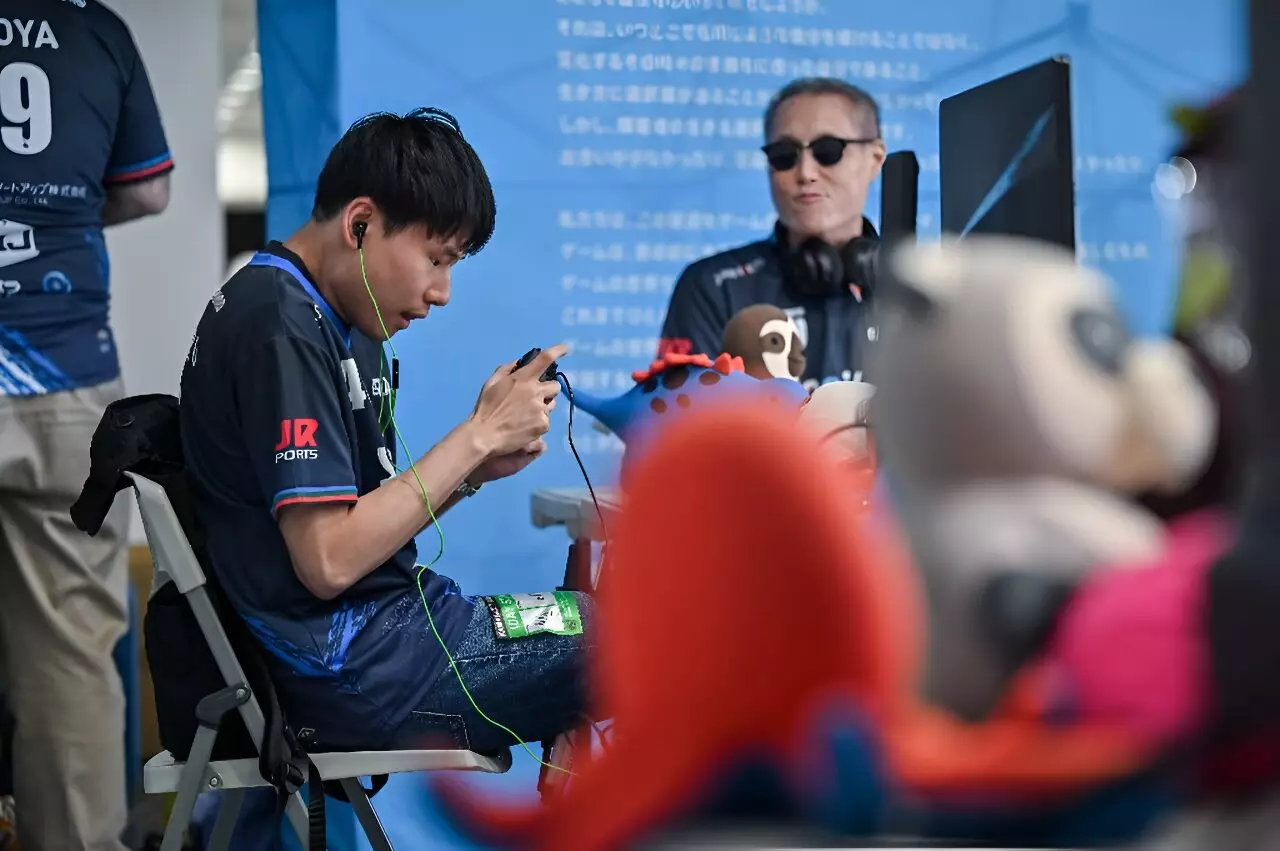Artificial intelligence (AI) has long been hailed as a promising tool for people with disabilities, offering the potential to enhance their independence in various aspects of life. Japanese eSports gamer, Mashiro, who is blind, recently tested the latest version of AI chatbot ChatGPT on his way to a Para eSports meet-up in Tokyo. Mashiro’s journey highlighted both the capabilities and limitations of AI in assisting individuals with disabilities in navigating the world around them.
The development of AI technologies such as GPT-4o and Google’s Gemini has shown promise in making education, employment, and everyday services more accessible for individuals with disabilities. These generative gadgets have the ability to understand voice, text, and image commands in multiple languages, providing opportunities for personalized support tailored to specific needs. For individuals like Mashiro, AI holds the potential to enable greater independence and autonomy in daily activities.
Despite the potential benefits of AI for people with disabilities, there are significant challenges and limitations that need to be addressed. Masahide Ishiki, an expert in disability and digital accessibility, highlighted the difficulty in catching mistakes from AI chatbots like ChatGPT, which may respond in ways that are not always accurate or helpful. Additionally, the limited recognition of specific terms and locations in different languages can pose challenges for individuals relying on AI assistance.
In order for AI technologies to better serve individuals with disabilities, there is a need to improve the accuracy of real-time visual recognition and expand the representation of diverse needs and perspectives in AI training datasets. Marc Goblot of the Tech for Disability group emphasized the importance of training AI on a wider range of datasets to ensure that it can effectively cater to the full spectrum of people’s experiences and requirements.
Despite the current challenges, there is immense potential for AI to empower individuals with disabilities and promote greater independence. Youngjun Cho, an associate professor in computer science, envisions AI as a tool that can cater to specific needs more effectively than traditional assistive products. By leveraging AI technologies such as speech-to-text transcription, chatbots, and real-time visual recognition, individuals with disabilities can access a range of services and support tailored to their unique requirements.
The journey of Mashiro, the blind eSports gamer, using AI chatbot ChatGPT highlighted both the promises and limitations of artificial intelligence for individuals with disabilities. While AI has the potential to enhance accessibility and independence, there are challenges that need to be addressed in terms of accuracy, representation, and recognition of diverse needs. Moving forward, continued efforts to improve AI technologies and expand their capabilities will be essential in unlocking the full benefits of AI for people with disabilities.


Leave a Reply